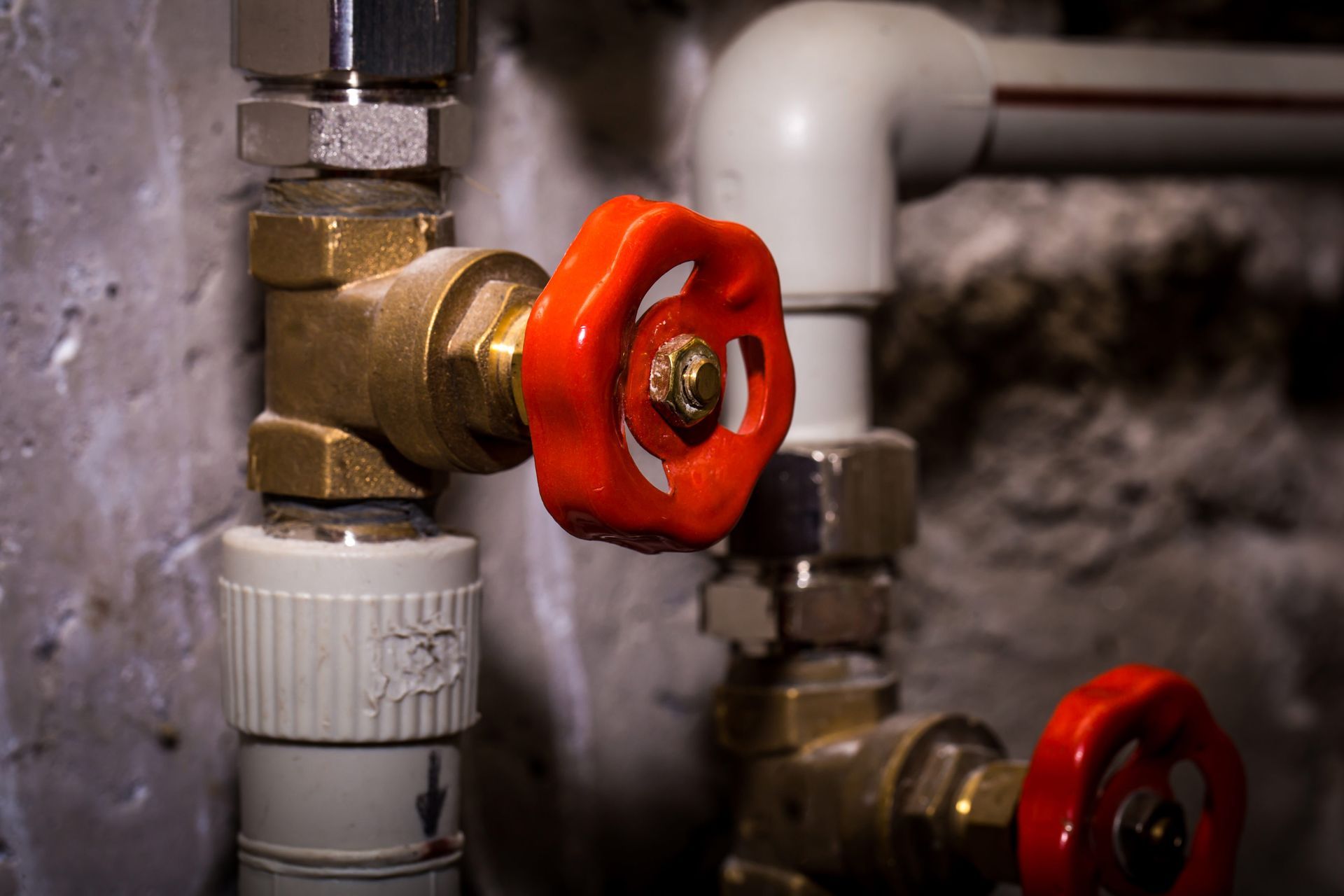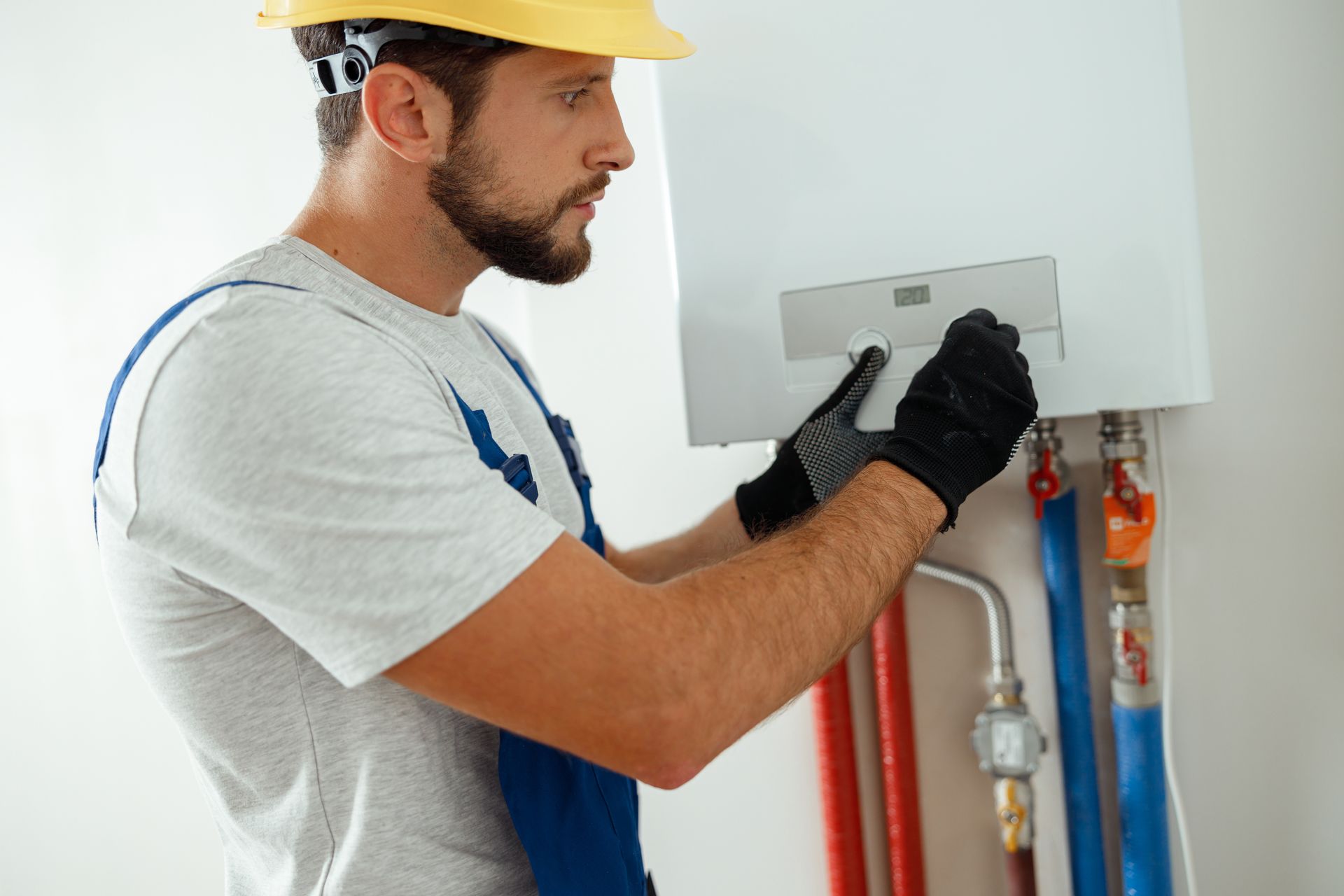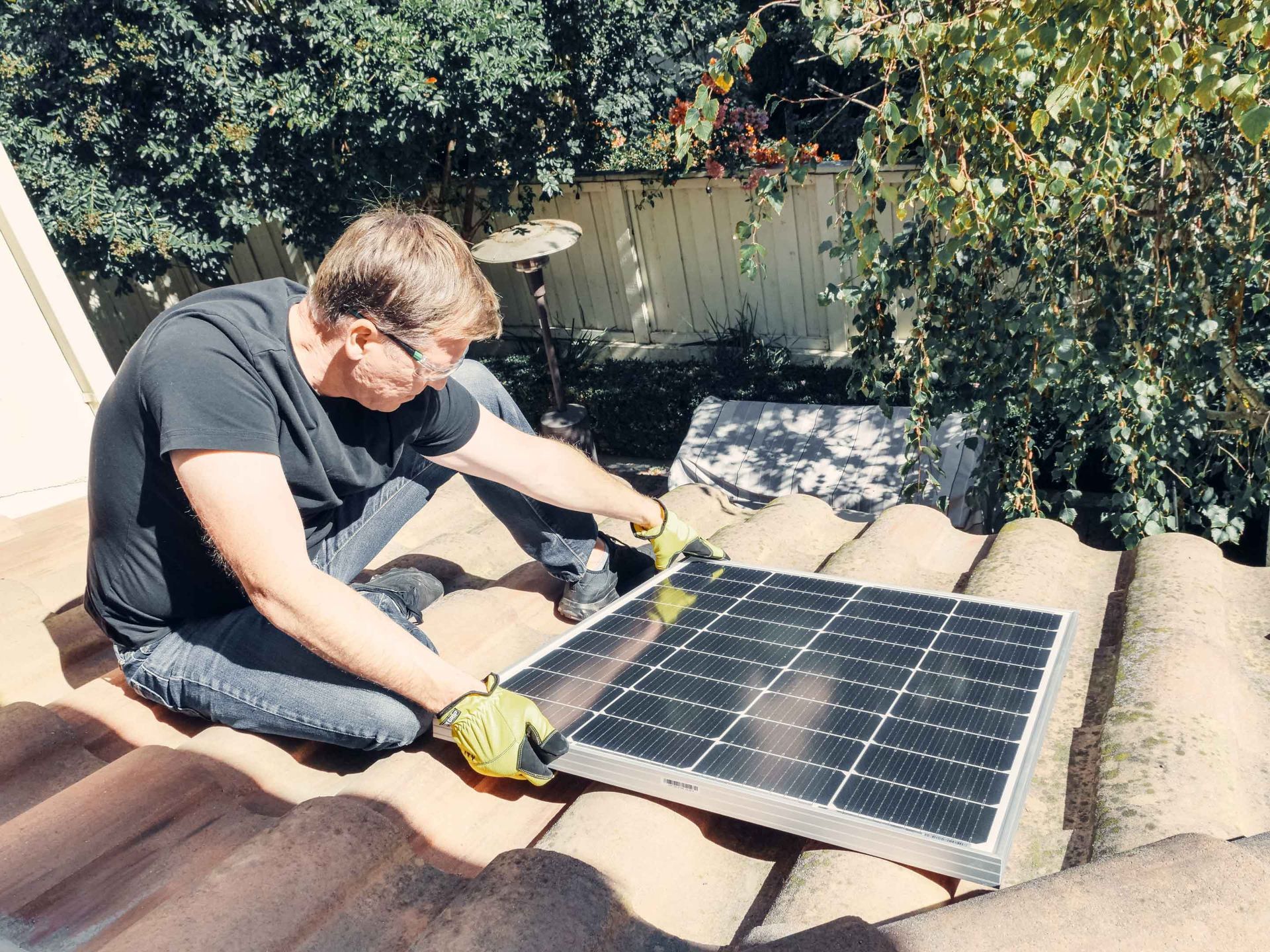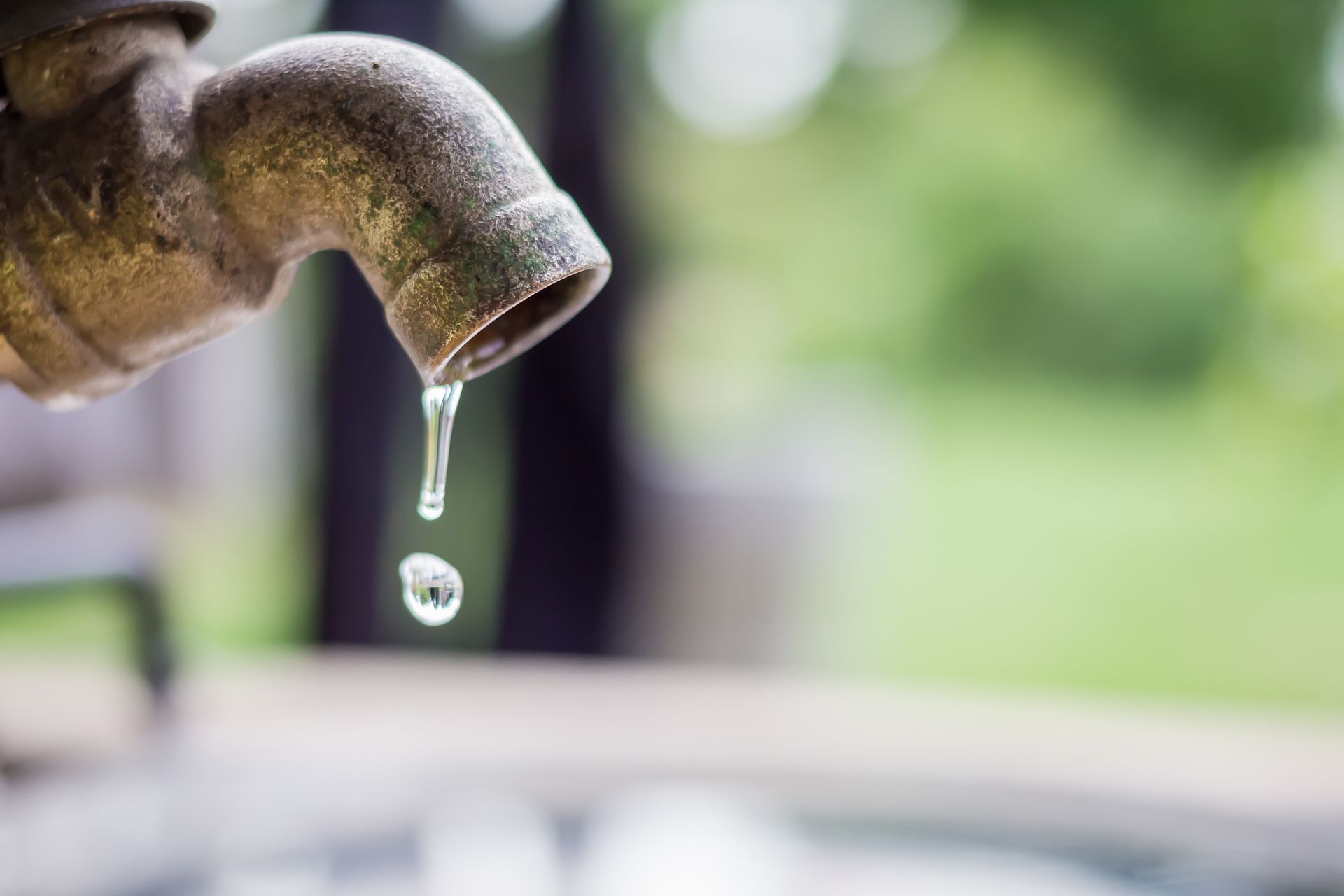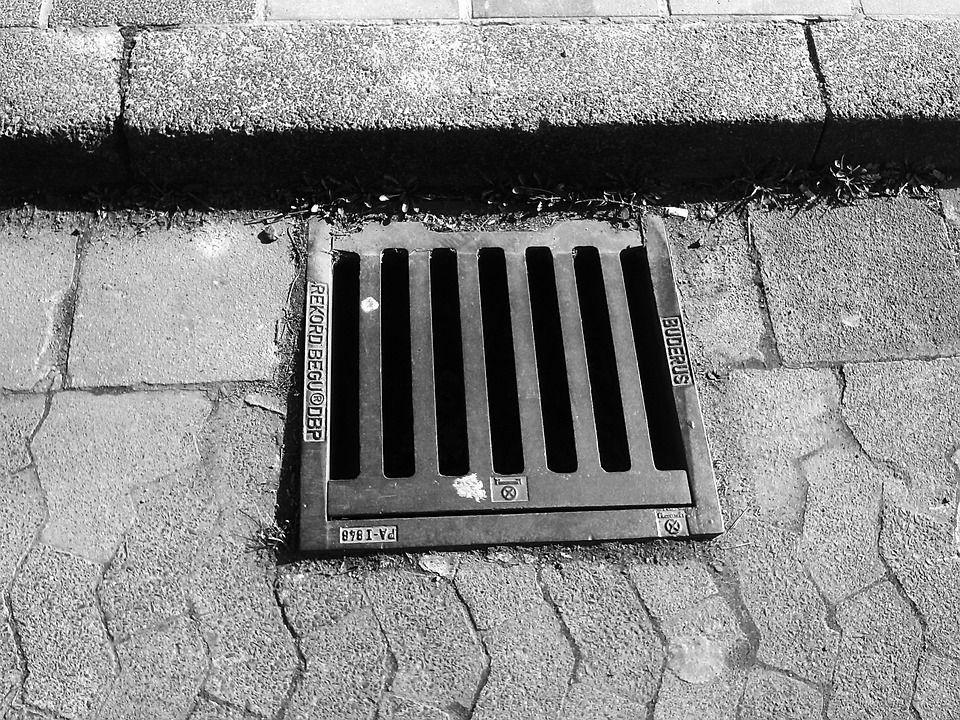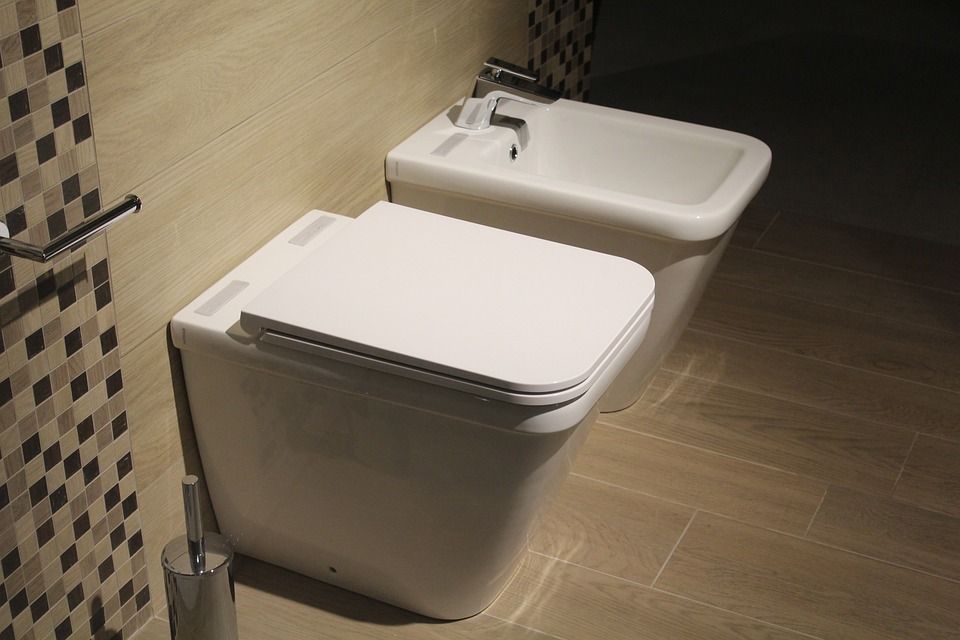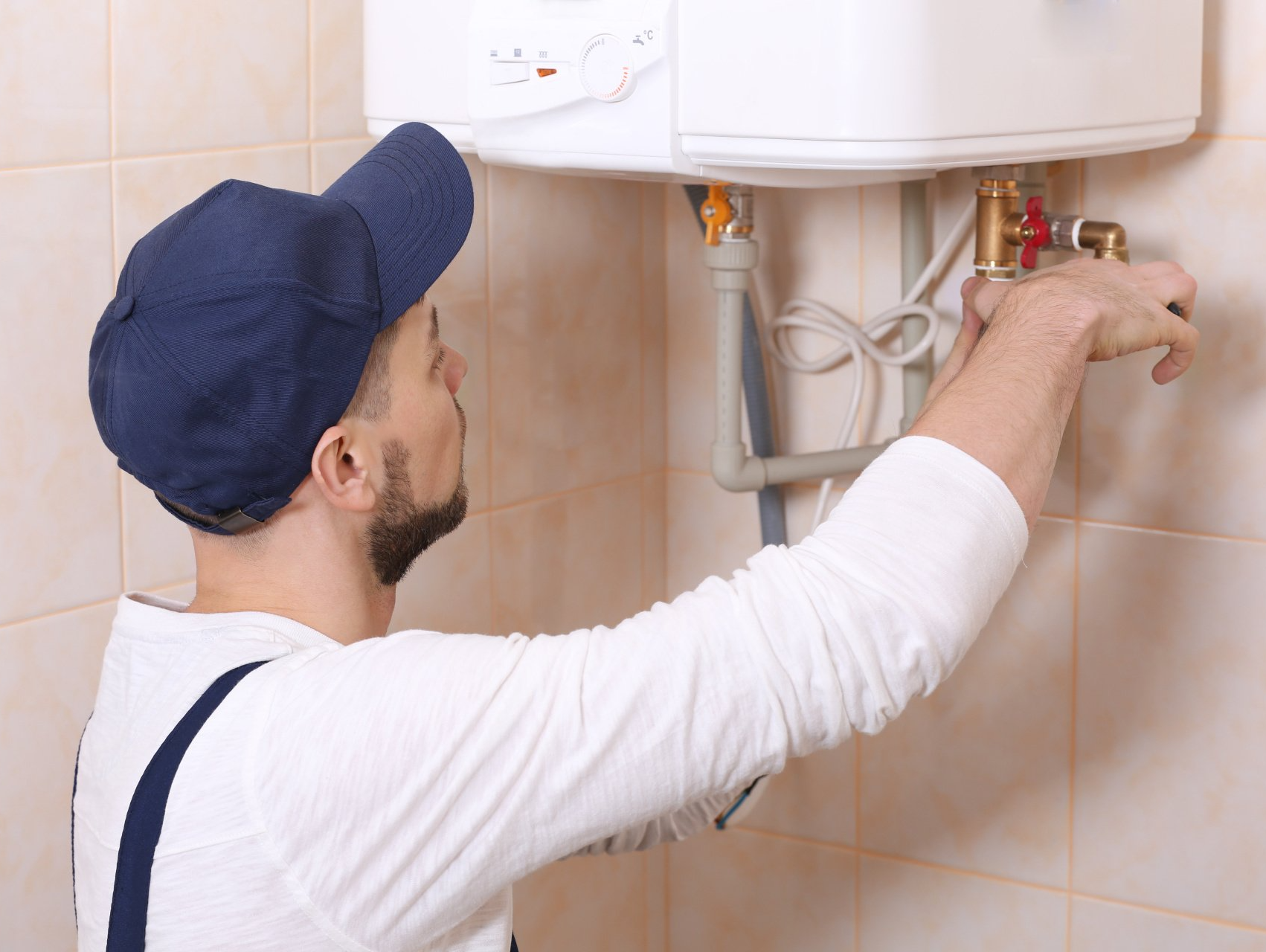Does a Plumber or Electrician Install a Hot Water Heater?
Planning to install a hot water heater in your home? Choosing which professional to hire for the job can be challenging especially if you have no idea on the specifics of your water heater. While both plumbers and electricians can install water heaters, the type of water heater you have will determine who is most qualified to do the job.
But before you decide who to install your water heater system, you need to determine the type of water system you have in your home. In this blog, we will discuss the two main types of hot water systems in the Blue Mountains and which type of professional to hire for the installation. We will also cover how plumbing works with water heaters as well as which professional to call for hot water repairs.
Should a plumber or an electrician install a hot water cylinder?
Hot water cylinders are either powered by electric or gas. To determine the type of system you have, you can look at the label on the tank and it should indicate whether it is electric or gas-powered. In addition to that, you can also check the wiring or the venting system connected to it.
If there is a pipe entering the bottom of the tank, the water system most likely operates on gas. But if you cannot spot the distinctive pipe or vent on it, then it is likely to be an electric hot water system. Now that you know which type of hot water system you have, it's easy to determine whether you need an electrician or a plumber to install your hot water systems.
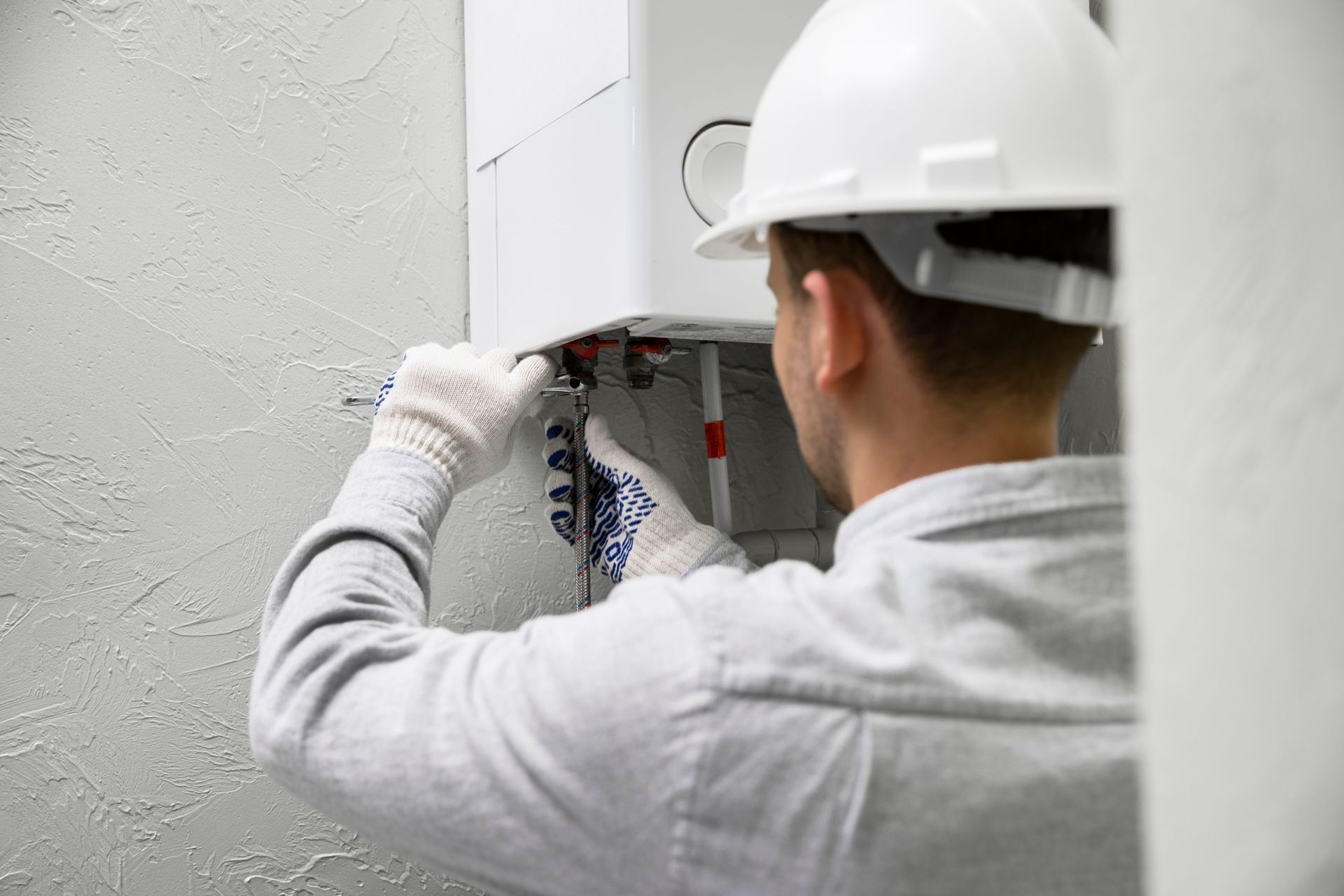
Image by Freepik
Plumbers for gas-powered and electric water heaters
Plumbers are experts in the installation and maintenance of gas hot water systems as they are knowledgeable about gas connections and venting requirements. For a gas tankless water heater and an electric water heater, both a plumber and an electrician can perform the installation. However, it could be better if you will hire a licensed plumber with experience in electric hot water systems to ensure proper installation and compliance with local codes.
Electricians for electric water heaters
In some cases, it might be necessary to involve a licensed electrician if additional electrical work is required specifically if there are wirings and other electrical components involved.
Depending on your particular needs, be sure to check local regulations and hire a licensed professional for optimal safety and compliance of your hot water system installations.
Is hot water heater part of plumbing?
A water heater is an essential part of the plumbing system as it is responsible for heating and storing water for domestic use. The water heater, particularly the one that is powered by gas, is typically connected to the plumbing system through a pipe, receiving cold water supply and delivering heated water to various fixtures like showers, sinks, washing machines and other appliances throughout a building. Designed to provide hot water for everyday use, hot water heaters play a vital role in the overall plumbing system.
Who do I ring if I have no hot water?
If you find that there is no hot water coming out of your pipes, then you probably have a faulty water heater. This can be caused by many different factors such as a broken thermostat, broken pipes, circuit breaker tripped, clogged drains, cracked tanks, or sediment buildup in the tank.
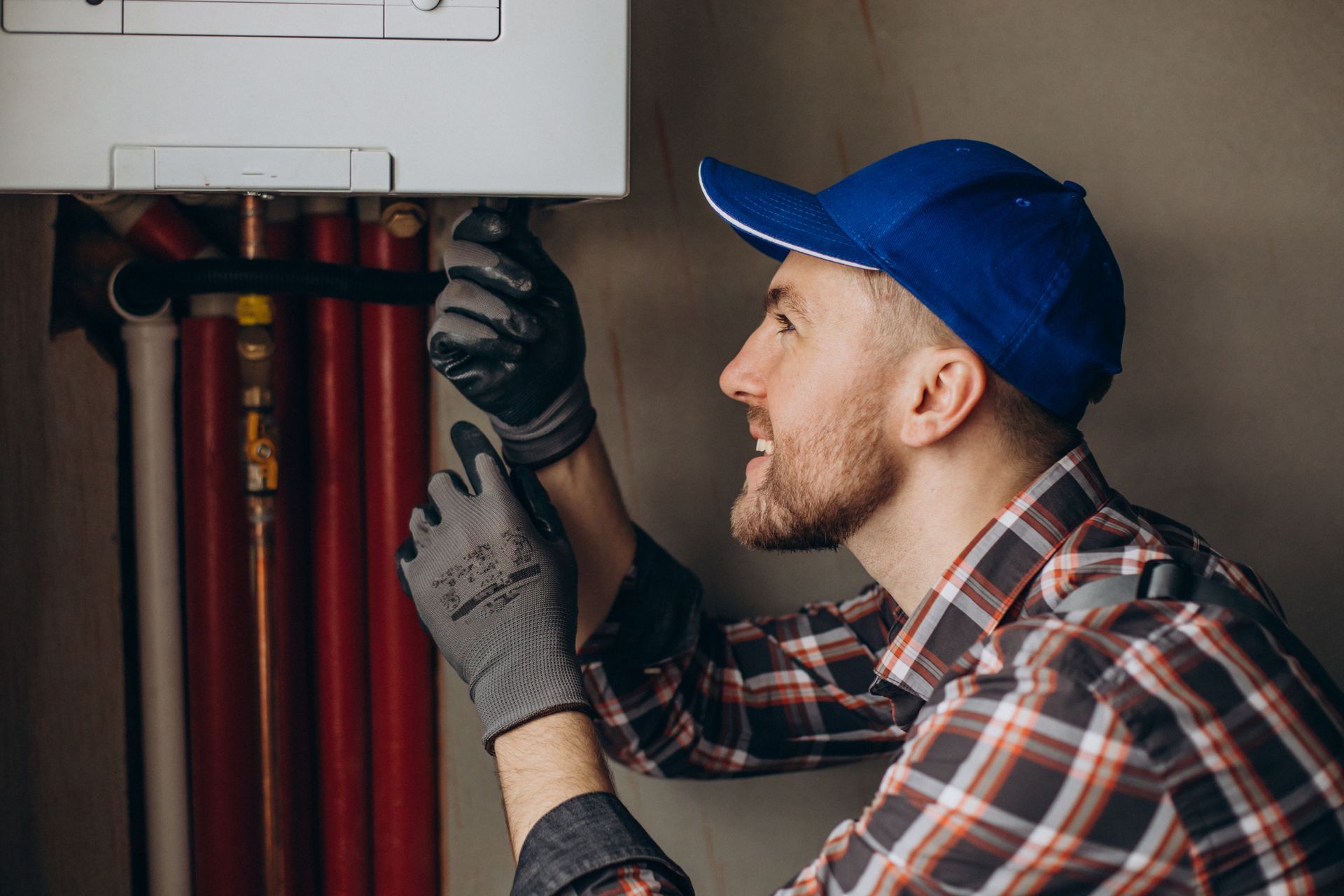
Image by senivpetro on Freepik
Call a plumber
If this is an urgent case and you have no idea how to fix it, the first thing that you should do is call a plumber. Not only are plumbers known for installing gas-powered heaters but they are also experts in repairing them as well.
If your hot water system is gas-powered, your plumber will most likely check for possible signs of gas leaks. If there is a smell of natural gas coming out of it, the pressure relief valve should be turned off immediately. This valve is designed to prevent an overpressure in the system. And if it malfunctions, it can cause an explosion. So if your hot water system has a pressure relief valve, make sure that it is working correctly to prevent any potential accidents.
Call an electrician
In other cases, you may also need to contact an electrician for electric hot water system repairs. A plumbing professional and an electrician will be able to diagnose the source of the problem and advise you on the best solution for your particular situation.
For an electric hot water system or water heater, your electrician should reset the circuit breaker by switching it "off" and then switching it "on" again. The circuit breaker acts like a fuse that will shut off the power to the unit if it is overloaded. If your circuit breaker continues to trip, you should contact an electrician to check for any loose wiring or other electrical problems. Moreover, the plumber or electrician may also check the thermostat settings and adjust them if needed.
How does plumbing work with water heater?
A water heater is an essential component of a home's plumbing system. And as much as a gas water heater has plenty of inner components, an electric hot water system only has a few electrical components. Here is a basic overview of
how the plumbing works with water heaters.
1. Cold Water Supply
Cold water enters the water tank through a supply pipe connected to your home's main water source. A shut-off valve is typically installed on this pipe, allowing you to control the water flow to the tank.
2. Heating Process
The water tank contains either a gas burner or an electrical element that heats the cold water inside the tank. In a gas water heater, a thermostat controls the gas flow to the burner, while in an electric water heater, a thermostat regulates the electric current to the heating elements. Using a thermostat, the temperature of the water can be adjusted accordingly.
3. Hot Water Delivery
As the water undergoes heating, its lower density relative to cold water causes it to ascend to the upper portion of the water tank. When you turn on a hot water faucet or appliance in your home, hot water is drawn from the top of the tank and flows through the hot water pipes to the desired location. The drop in water level inside the tank triggers the cold water supply valve to open, refilling the tank with cold water, which then gets heated once again.
4. Pressure Relief Valve
Designed as a safety feature, this valve keeps the water pressure inside the tank within safe limits. For instance, if there is excessive pressure or the temperature inside the water tank has exceeded, the valve will act as a protective feature that alleviates excessive pressure or release hot water, mitigating the risk of potential harm or equipment damage.
5. Drain Valve
Located at the base of the water heater, a drain valve is present, allowing for the tank to be emptied when necessary, such as during maintenance, repairs, or when replacing the unit.
6. Insulation
Typically, the water heater tank is insulated to reduce heat loss and preserve the desired water temperature within the tank.
In general, an efficient plumbing system ensures that the water tank provides enough hot water supply to various parts of your home while maintaining safety and energy efficiency. To prolong its life and keep it working in good condition, regular maintenance is required.
Takeaway
A hot water system helps keep a home heated and equipped with a steady supply of hot water. However, if it is not installed properly, daily activities such as cooking, showering, and laundry can all be affected. That is why you need to hire the right professional for the job.
By hiring the right professional, you can guarantee that your water heater is installed correctly, ensuring you with long-term reliability and performance. As higlighted in this blog, plumbers possess specialised knowledge in installing and repairing gas-powered water systems, while electricians specialise in tankless water heaters.
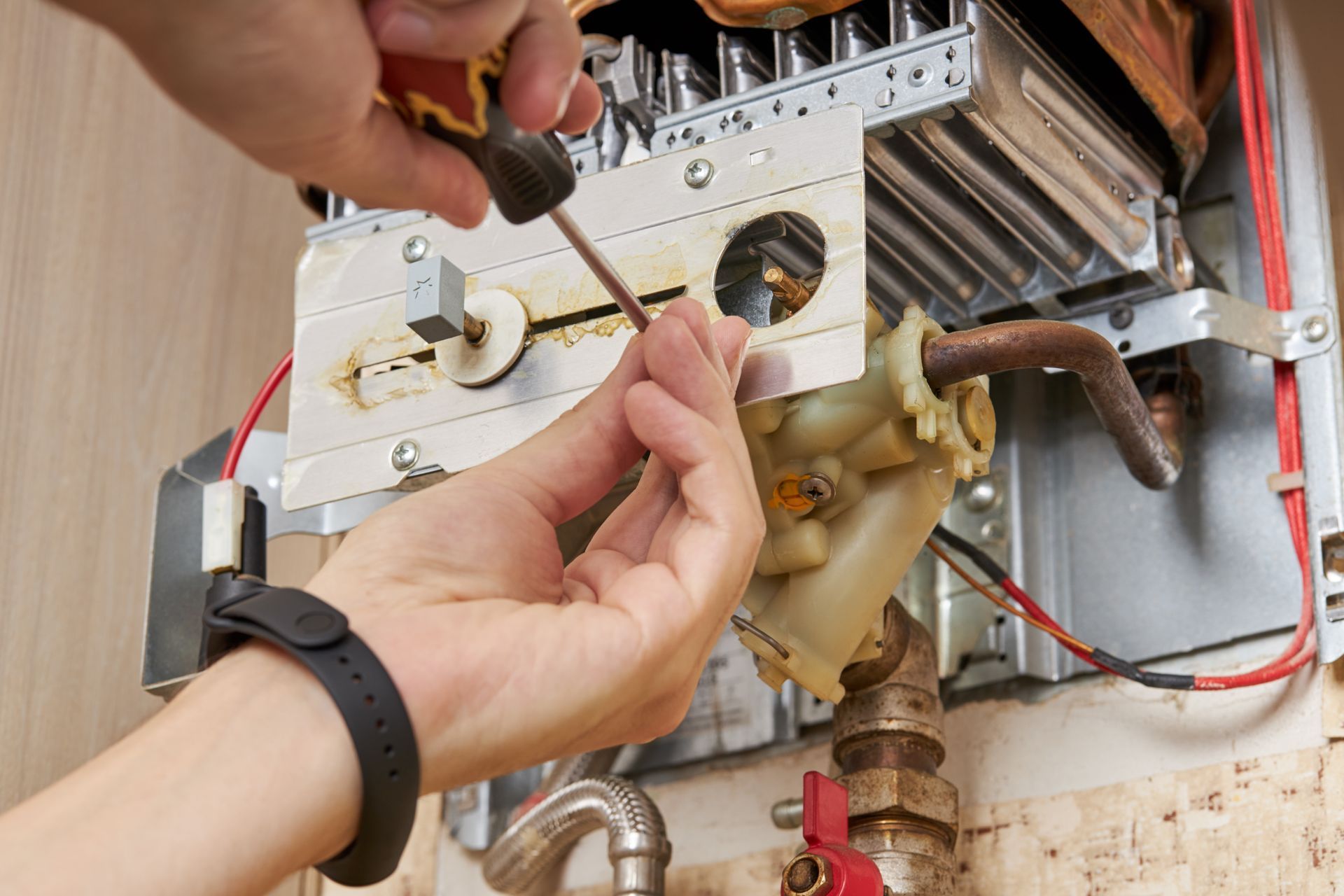
If you are planning to install a new hot water system at home or need a hot water system repair, always choose a licensed and experienced professional who is familiar with the specific requirements of your water system to ensure the job is done with the right expertise and skills.


